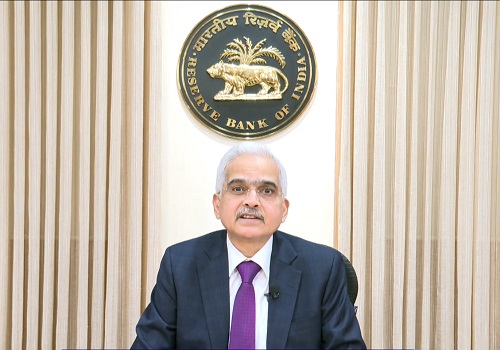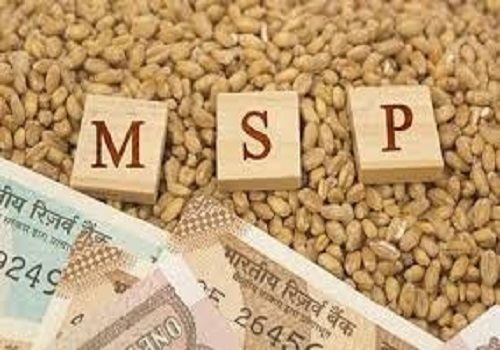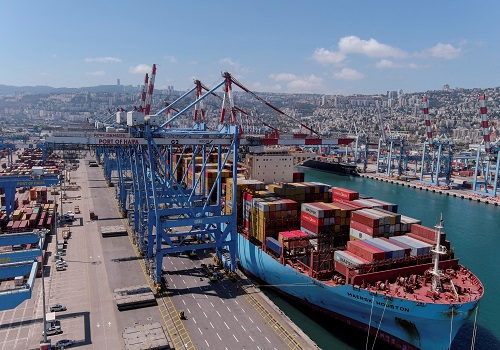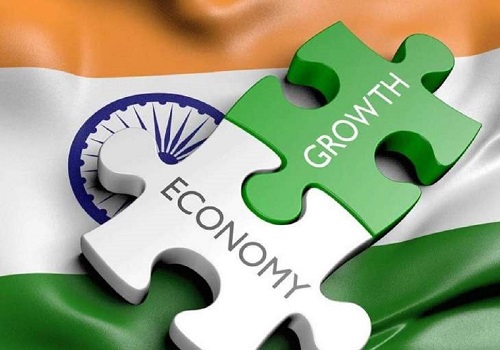RBI leaves repo rate unchanged to ensure price stability with growth

The RBI on Thursday kept the key policy repo rate unchanged at 6.5 per cent for a ninth consecutive meeting as it continued to maintain a balance between accelerating economic growth and keeping inflation under control.
RBI Governor Shaktikanta Das said the Monetary Policy Committee has decided by a 4:2 majority to keep the repo rate unchanged as inflation has risen above 5 per cent and is still above the targeted level of 4 per cent.
He said that inflation after having eased to 4.8 per cent in April and May has risen to 5.1 per cent in June on the back of “stubbornly” high food prices.
“Without price stability, growth cannot be sustained so we have decided to continue with the disinflationary stance,” Das explained.
However, the RBI Governor said that the country’s inflation rate is expected to come down in the third quarter of the current financial year.
He also said that domestic growth is resilient, supported by steady urban consumption. The MPC determined that it is crucial for monetary policy to remain consistent while closely monitoring inflation. The committee emphasized maintaining a primary focus on inflation to support sustained economic growth.
Das also said there “is a convergence” between the RBI monetary policy decision and market expectations.
The RBI has decided to stick to the “withdrawal of accommodation” policy stance. Monetary policy is considered to be "accommodative" when it aims to make more money available in the banking system to spur economic growth and create more jobs.
The RBI Governor also said that inflation is receding gradually across economies, while medium-term global growth faces significant challenges. Despite this, domestic economic activity remains resilient, with manufacturing gaining traction due to improving demand.
The RBI had last changed rates in February 2023, when the repo rate was hiked to 6.5 per cent. The RBI raised rates by 2.5 per cent between May 2022 and February 2023 after which they have been kept on hold to support economic growth despite inflationary pressures in the past.
The repo rate is the interest rate at which the RBI gives short-term loans to banks to enable them to meet their liquidity requirements. This in turn has an impact on the cost of loans that banks extend to corporates and consumers.
A cut in interest rates results in more investment and consumption expenditure which spurs economic growth. However, the increased expenditure also pushes up the inflation rate as the aggregate demand for goods and services goes up.
The country’s annual retail inflation eased to 4.83 per cent in April but is still above the RBI’s medium-term target rate of 4 per cent.
The fact that the economy has clocked a robust growth rate of 8.2 per cent for 2023-24 leaves the RBI with headroom to put off an interest rate cut until inflation comes down to its targeted level, according to economists.
























